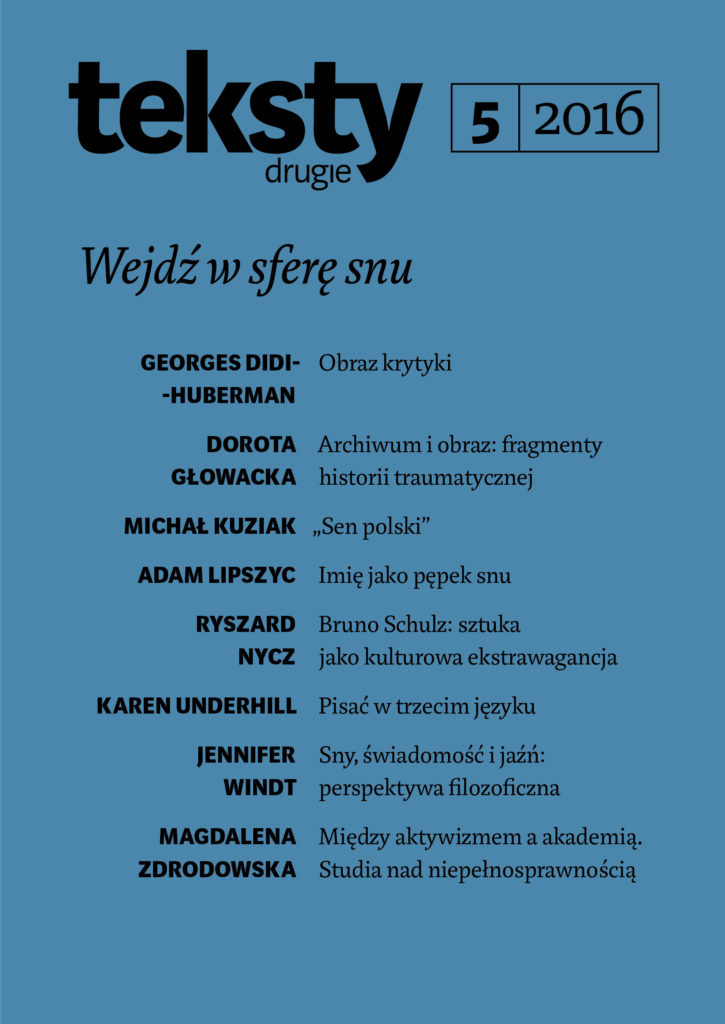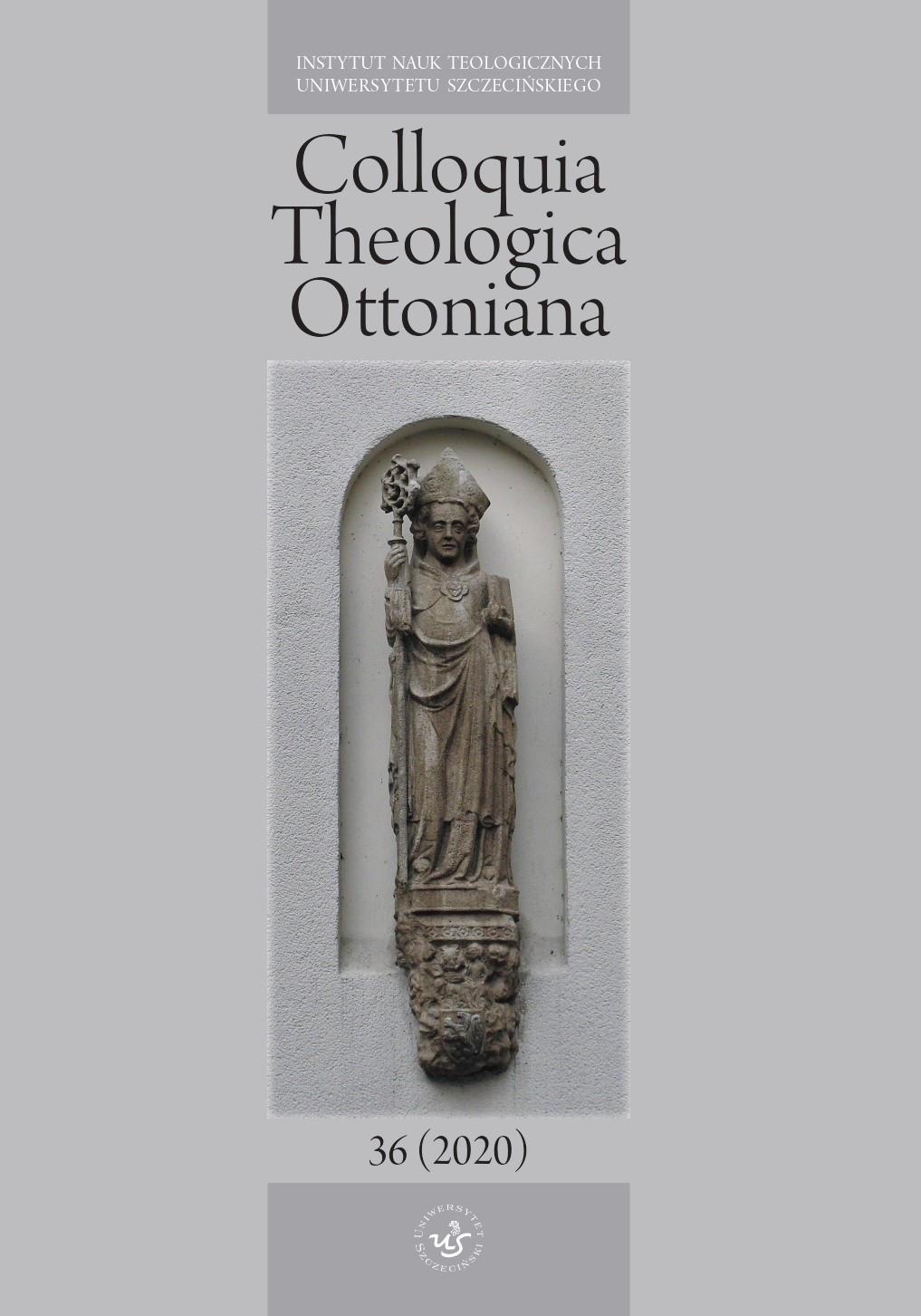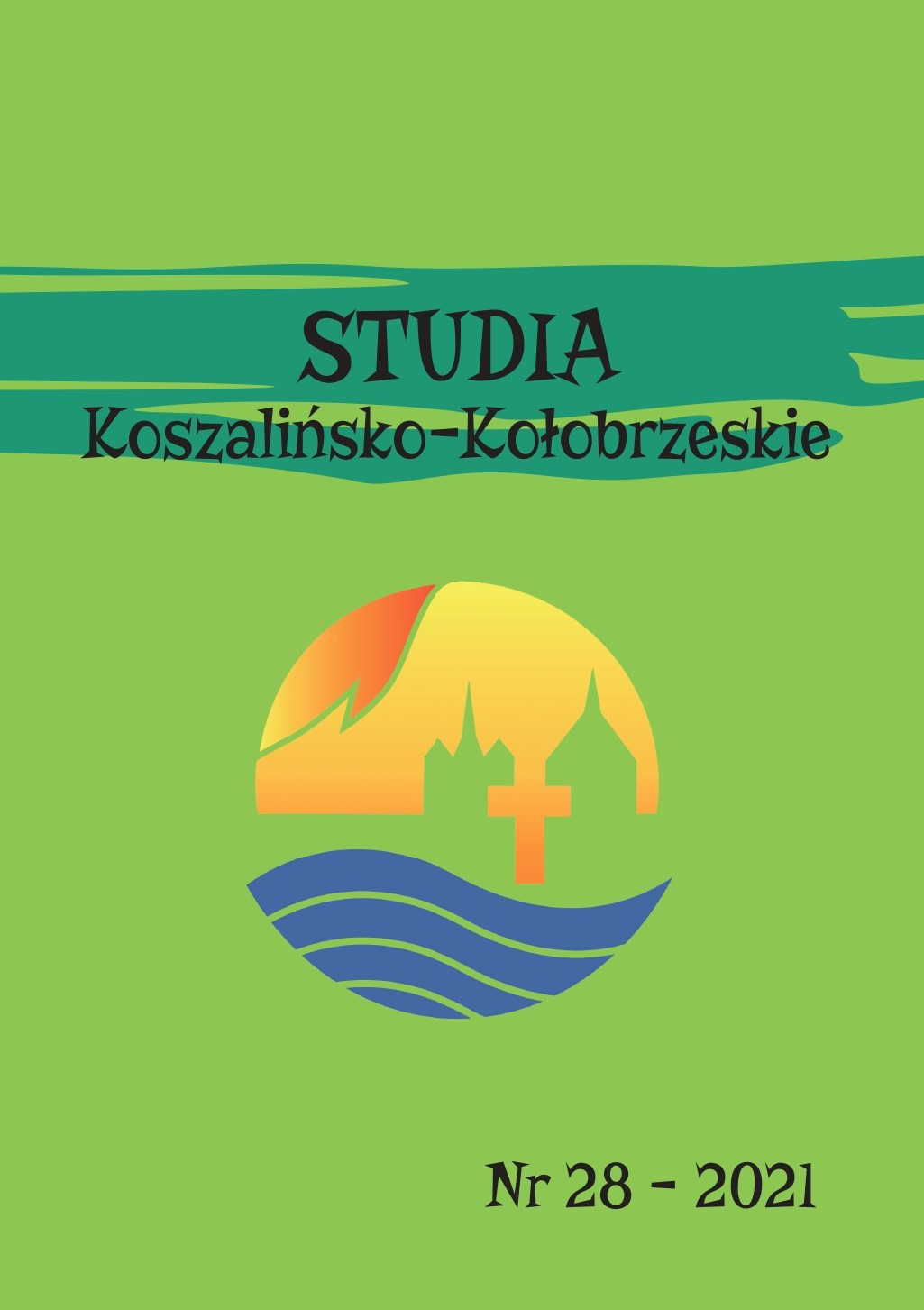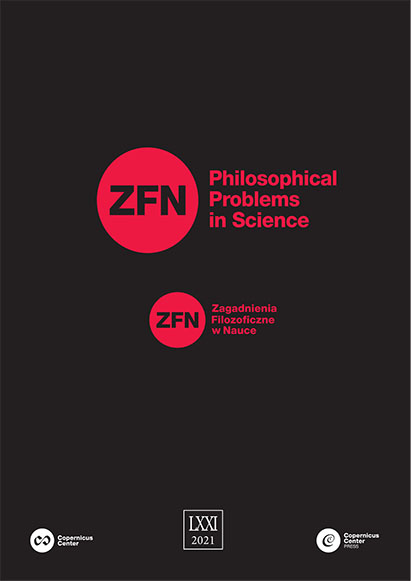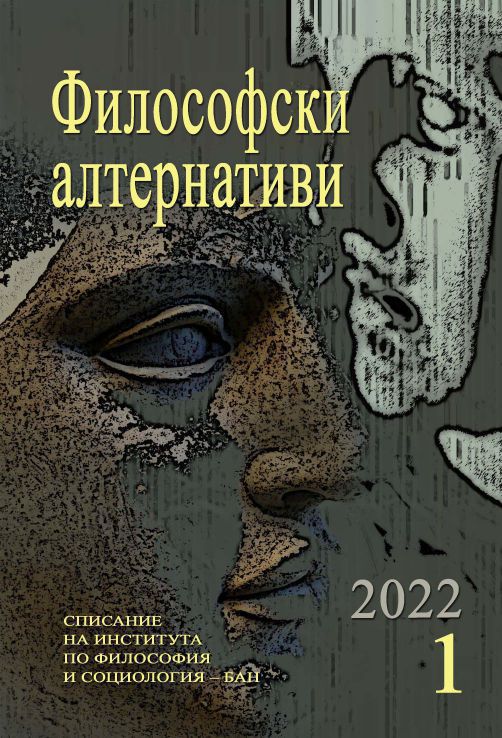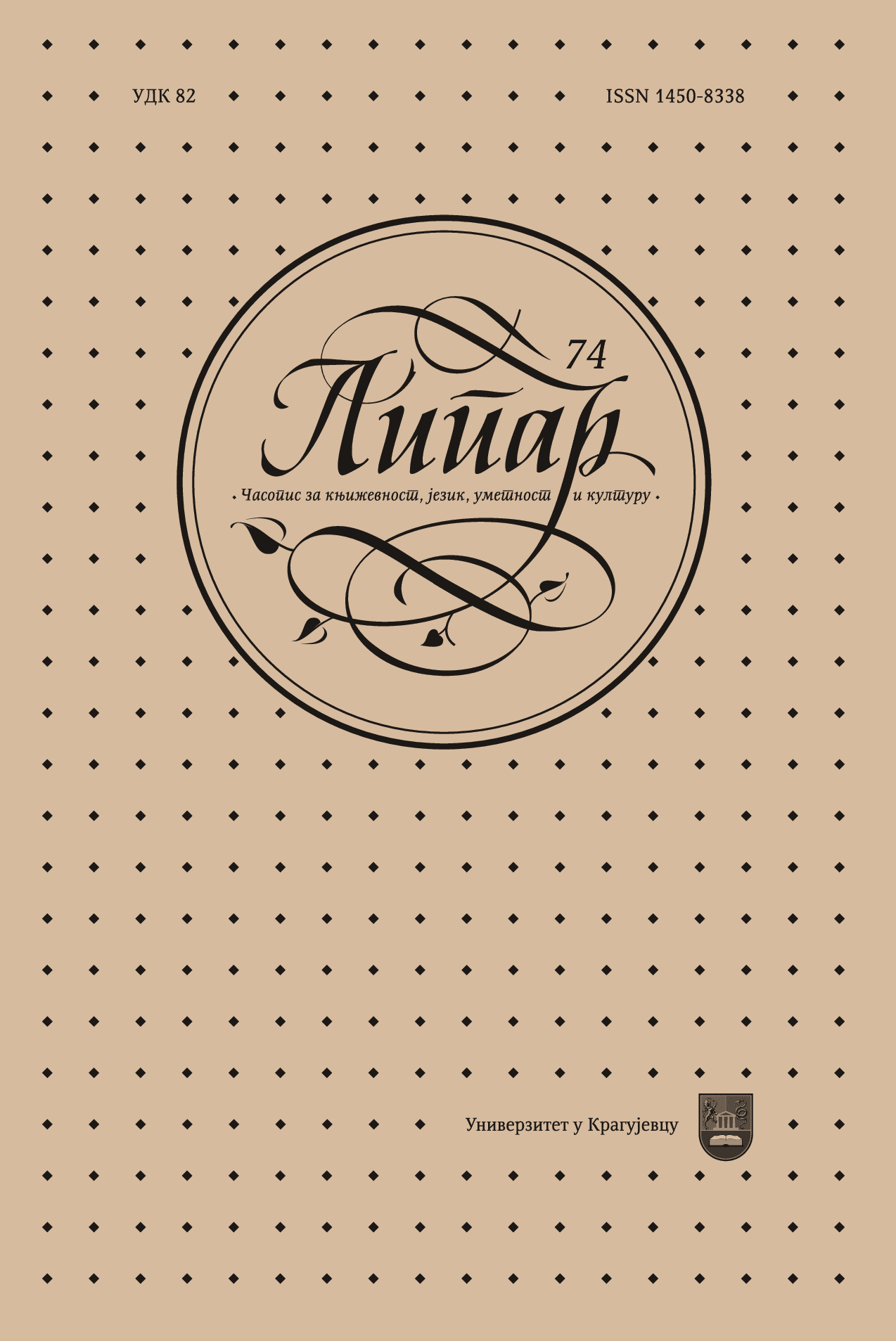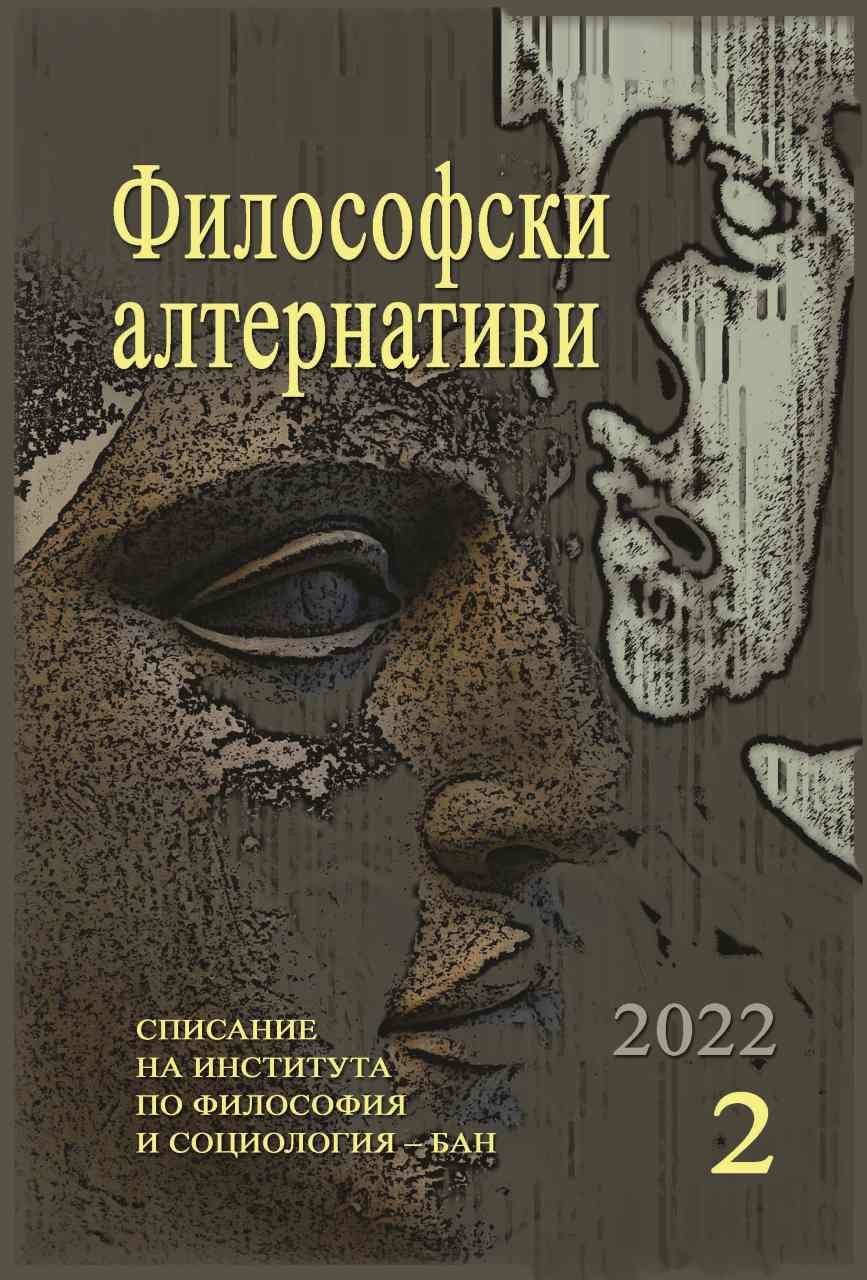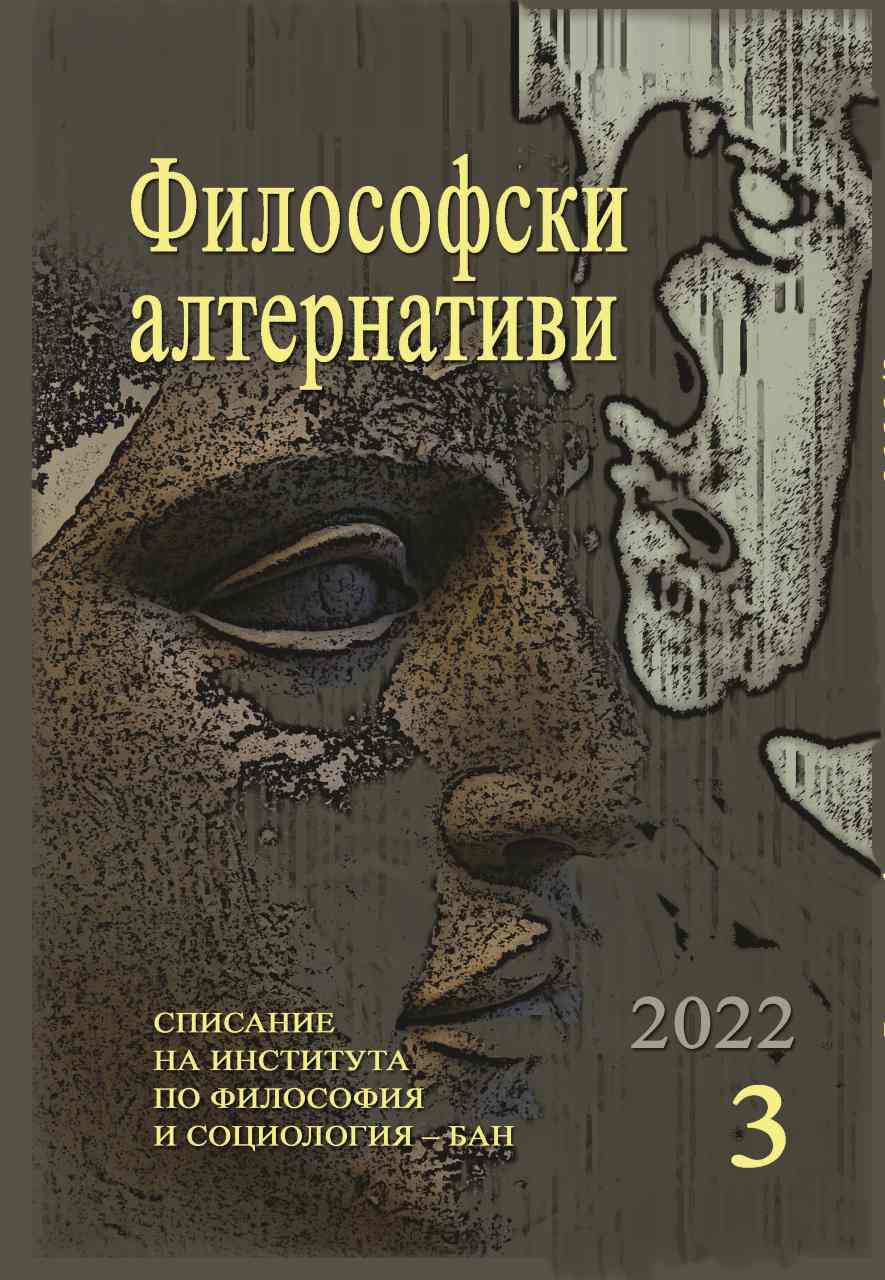Author(s): Marcin Gorazda / Language(s): English
Issue: 71/2021
The paper outlines various concepts of rationality, their characteristics and consequences. In the first, most general part, the metaphysical, instrumental and discursive rationality is distinguished. The following part focuses on instrumental rationality and the rational choice theory and ordinal and cardinal utility, expected utility and game theory, respectively. All those concepts are summarised as being the most mathematically elegant and mostly decidable and helpful in the decision-making process. Giving primacy to individual preferences and withholding the judgment on their “objective” value, they are also devoid of double standards. They are, however, strongly normative and weakly coincide with actual agents’ behaviour. Empirical findings on agents’ decision making seem to demonstrate their irrationality, unless we introduce into the analysis different concepts of rationality, namely based on costs efficient heuristics, inclusive fitness and ecological rationality. They are discussed respectively, and although they seem better to explain the set of humans’ seemingly irrational behaviour, they are likely week in predicting that behaviour. They are also losing their normative dimension and thus cease to be helpful in decision making. Applying the particular theory of rationality, either descriptively or normatively, seems to depend strongly on the environment, which can be characterised by its extension from a small to a large world. The more the small world’s features an environment reveals, the more effective is the application of the particular model of rationality. Beyond the small worlds, rule stochasticity, underspecification and misspecification and the only reasonable method are consecutive trials and errors, which eventually may reduce the large world to the small one.
More...
